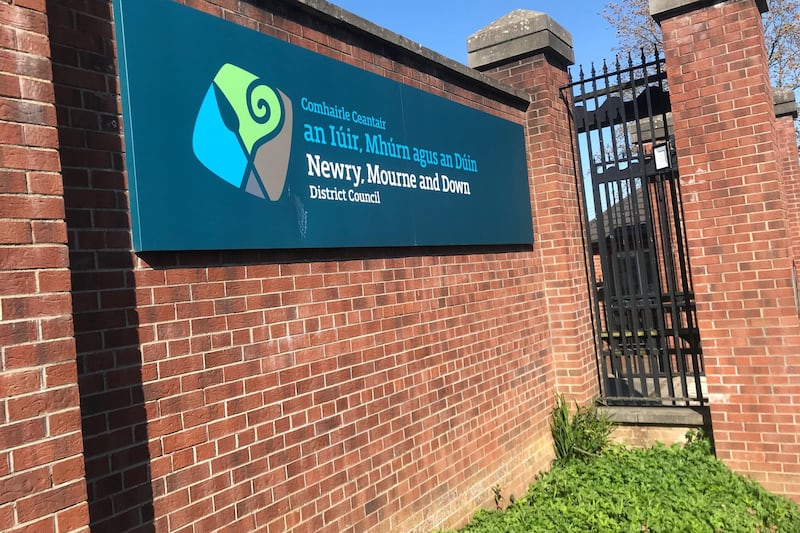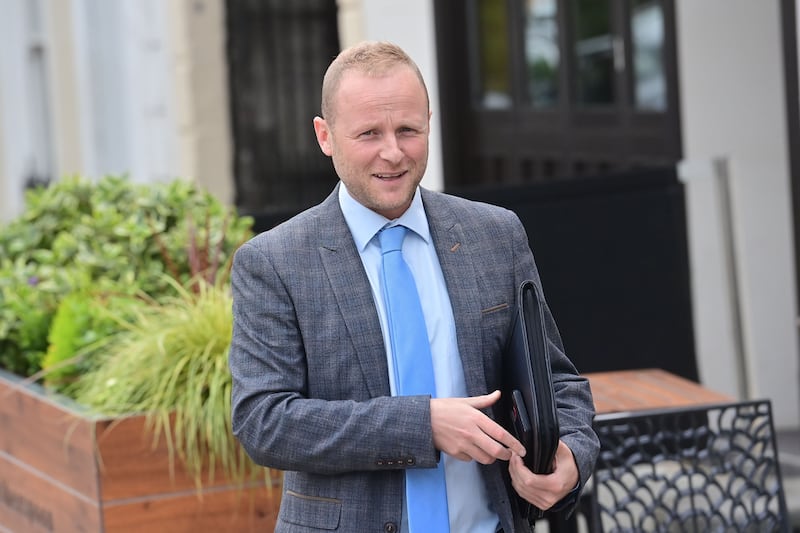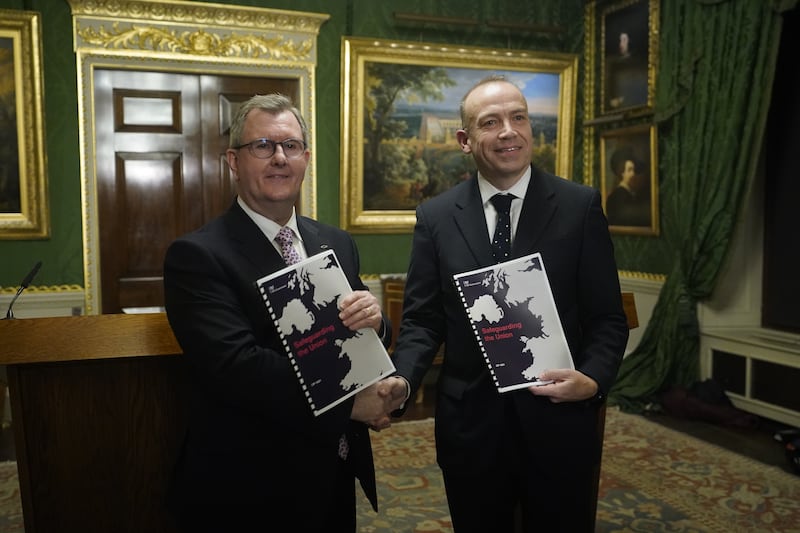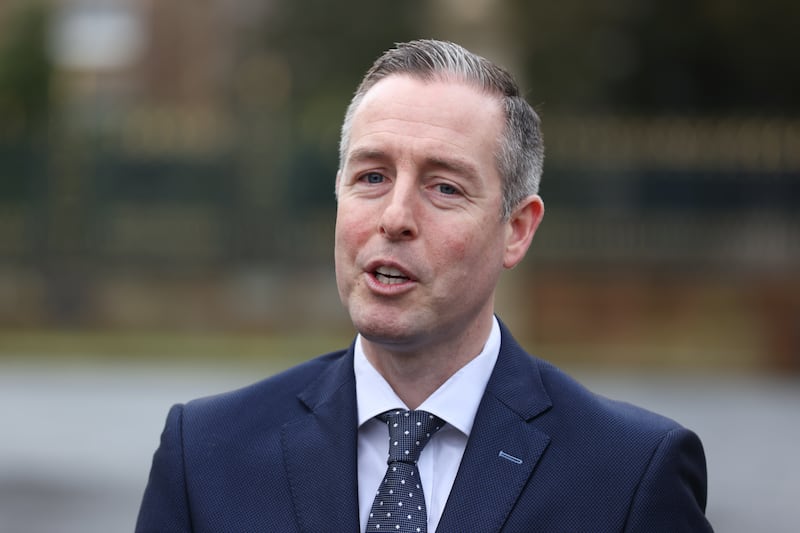Theresa May's hopes of pushing her grammar school reforms through the Commons have been boosted after the DUP signalled its support.
Sammy Wilson, the party's education spokesman, urged the Prime Minister to ignore the "barrage of criticism" aimed at her desire to roll out a new generation of selective schools.
He added that two-thirds of people canvassed on grammar schools back an extension as he sought assurances from British Education Secretary Justine Greening that she will not be deterred by the "siren voices" of those who oppose them.
The British government believes new grammar schools will help give pupils from poorer backgrounds the same academic opportunities as their richer counterparts, although Tory MPs are among those who have voiced opposition to the idea.
Mrs May's administration has a slender majority in the House of Commons, meaning only a handful of her MPs voting against the proposals could scupper them.
Support from the DUP's eight MPs would strengthen the government's hand when it comes to parliamentary votes, with First Minister Arlene Foster acknowledging last week that there are "some synergies" between the DUP and the Tories.
Ms Foster and DUP representatives have already met Mrs May amid speculation about the level of support the party will give the Tories in the Commons.
Speaking during education question time, Mr Wilson dropped further hints about where the DUP's loyalties lie on grammar schools.
He asked Ms Greening: "Are you encouraged that of those who have been canvassed on the issue, two-thirds are supportive of the Prime Minister's policy of increasing social mobility for those from poorer backgrounds through the provision of increased grammar schools?
"And will you give an assurance that you will not be deterred by the siren voices or the barrage of criticism of this policy by those who are ideologically opposed to the policy even though they benefited from grammar school education themselves?"
Ms Greening replied: "You set out the situation very clearly and as you point out, for children on free school meals in particular, grammars are able to close the attainment gap because the progress those children make is double those of their better-off classmates.
"Now (Labour) wants to close that opportunity down, we want to level it up. That's the difference."








